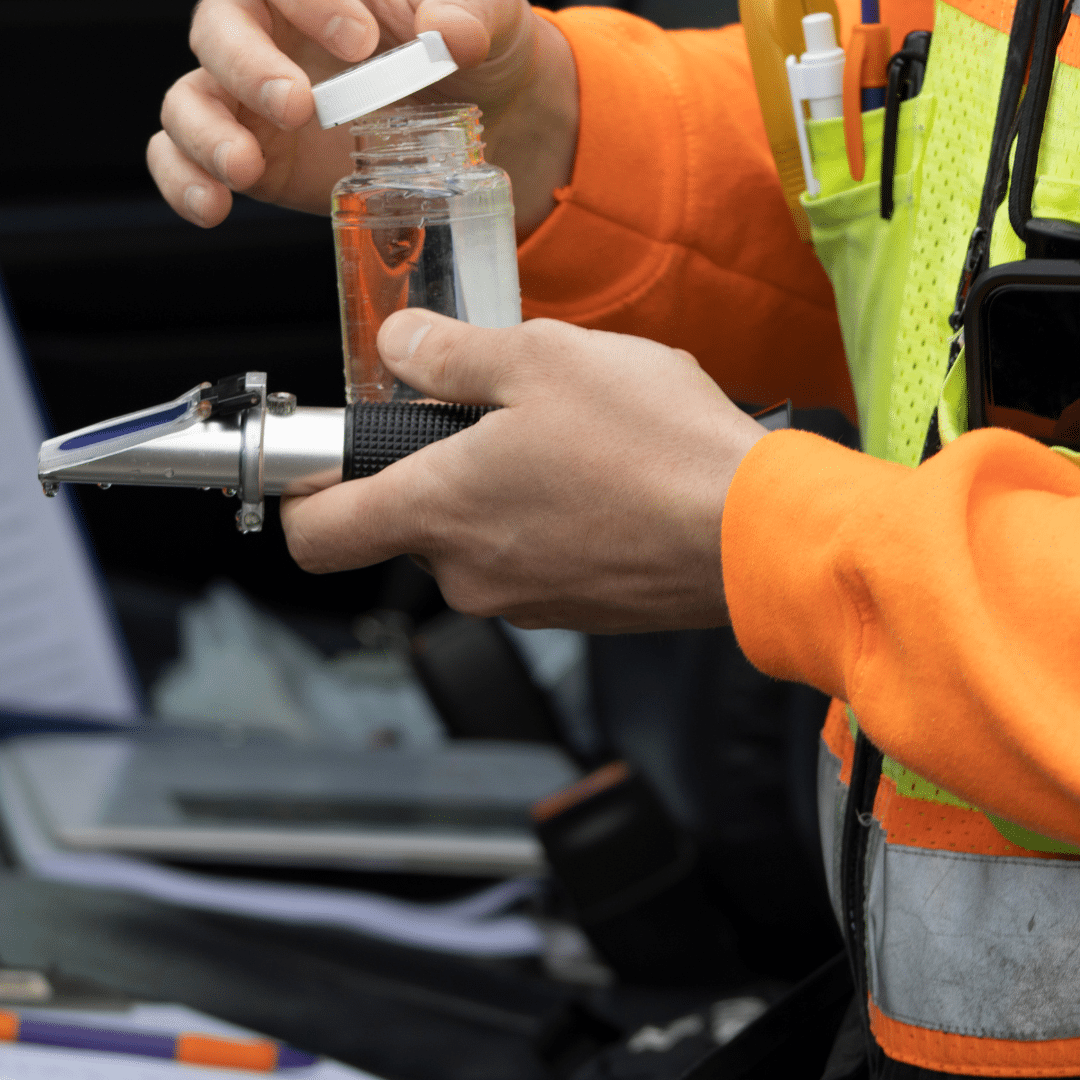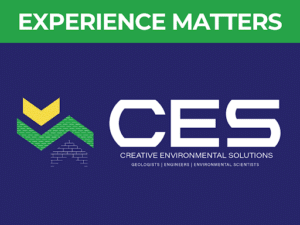Navigating environmental regulations can be overwhelming, especially with the abundance of industry-specific acronyms. As a leading environmental compliance company, we are here to break down these terms to make them easier to understand.
Whether you’re seeking an environmental compliance service or need to decipher complex regulations, this guide will help.
SWPPP: Stormwater Pollution Prevention Plan
SWPPP, or Stormwater Pollution Prevention Plan, is crucial to construction and industrial site management. It outlines how a site will minimize stormwater runoff and prevent pollution from reaching nearby bodies of water. For businesses aiming to comply with environmental standards, creating and implementing an SWPPP is essential to avoid fines and protect natural resources.
SPCC: Spill Prevention, Control, and Countermeasure
An SPCC plan helps facilities prevent oil spills that could reach navigable waters or shorelines. This plan details spill prevention measures, control practices, and countermeasures to mitigate environmental damage in the event of a spill. An SPCC plan is mandatory for companies working with petroleum or other hazardous materials under federal regulations.
WUP: Water Use Permit
A Water Use Permit (WUP) regulates the amount of water legally withdrawn from natural sources, such as rivers, lakes, and aquifers. These permits help ensure that water usage remains sustainable, avoiding harm to the environment and other entities using the water. Businesses in agriculture, manufacturing, and other water-intensive industries must obtain a WUP as part of their environmental compliance efforts.
ERP: Environmental Resource Permit
The Environmental Resource Permit (ERP) program regulates activities that affect wetlands, alter surface water flow, or contribute to water pollution. Obtaining an ERP is often required for construction projects and land development to ensure that environmental impacts are minimized and compliance with regulations is maintained.
Other Acronyms To Know
In addition to standard environmental compliance terms, several other acronyms play a significant role in ensuring businesses meet regulatory standards. Here are vital acronyms every company should be familiar with to maintain compliance:
- NPDES (National Pollutant Discharge Elimination System): This EPA-regulated permit program manages water pollution by controlling point sources that release pollutants into U.S. waters. Businesses may need an NPDES permit to ensure compliance with the Clean Water Act.
- RCRA (Resource Conservation and Recovery Act): The RCRA governs the disposal of solid and hazardous waste. Compliance with the RCRA ensures that hazardous waste is managed responsibly from creation to disposal.
- CAA (Clean Air Act): The CAA regulates air emissions from stationary and mobile sources. Companies must comply with this act to ensure their operations do not contribute to air pollution.
- CERCLA (Comprehensive Environmental Response, Compensation, and Liability Act): Also known as Superfund, CERCLA provides a federal framework for cleaning up contaminated sites. Compliance with CERCLA is essential for businesses responsible for environmental contamination.
- TSCA (Toxic Substances Control Act): The TSCA grants the EPA authority to require reporting, record-keeping, testing, and restrictions related to chemical substances. Companies handling toxic substances must comply with TSCA regulations.
- CWA (Clean Water Act): This act creates the foundation for regulating pollutant discharges into waters across the United States. Companies must ensure their discharges meet the CWA standards to avoid penalties.
- CAA (Clean Air Act) Permits: These permits are often required for companies that emit significant amounts of pollutants. Companies must apply for and adhere to the regulations outlined in their permits to ensure compliance.
- PFAS (Per- and Polyfluoroalkyl Substances): A group of synthetic chemicals widely used in industrial and consumer products for their water, heat, and stain-resistant properties. Often referred to as “forever chemicals,” PFAS are highly persistent in the environment and the human body, raising concerns about their potential health and environmental impacts.
Why These Acronyms Are Important
By familiarizing yourself with these acronyms and understanding their significance, your business can take proactive steps toward achieving environmental compliance. Whether developing a SWPPP, implementing an SPCC plan, or securing the necessary environmental permits, partnering with an experienced environmental compliance company can streamline the process and ensure your operations meet all regulatory requirements.
Trust CES With All Your Environmental Compliance Needs
With decades of experience in the industry, Creative Environmental Solutions, Inc. (CES) has been a trusted partner for Florida businesses seeking comprehensive environmental compliance services. Our team of experts provides consultation and hands-on support across various sectors, including real estate, mining, and industrial operations. Contact us to see how we can help your business stay compliant.







